Everyone has a part in the conservation of wildlife and the natural world we share. Learn how you can take action to protect and preserve our amazing animals by making small changes at home.
Single use plastics or disposable plastics are thrown away or recycled after one use. Some of these items include plastic bags, plastic water bottles, drinking straws, and most food packaging. When not recycled, many end up in landfills or find their way into the ocean. At ZooTampa, we are committed to reducing our use of single use plastic and do not offer plastic bags at retail shop or lids & straws at restaurants. We must all help protect and preserve the ecosystems that we all depend on. You can join us by cutting down your personal plastic footprint and make simple changes at home.
Before throwing something away, can it have another life?
Reusing something before it becomes trash helps reduce the demand for resources that would be required to create its replacement. Something easy to try, if you forget a reusable shopping bag, is repurposing a plastic bag into a small trash bag, or a dog waste bag. Reusing can also mean shopping secondhand or at thrift stores. Or, find a creative way to turn trash into art! Wrapping gifts with magazines or newspapers before recycling is another way we can lessen our impact on the natural world.
Yes, that old phone languishing in your desk drawer or garage could save wildlife! Cell phones and other handheld electronic devices contain a material called coltan which is often destructively mined in Central Africa, home to many endangered species like okapis, chimpanzees, and gorillas. Recycling your old cell phones and other handheld electronic devices allows for coltan to be reused, decreasing the need for mining – an action that ultimately helps to protect habitats and save wildlife!
Florida is full of natural wonders we all get to enjoy. And it’s important that we all do our part to ensure these amazing animals continue to thrive in their native habitats. Below are just a few ways we can take action to protect Florida wildlife.
How You Can Help
Florida is full of amazing wildlife that you cannot find anywhere else. It’s important that we protect our animals by removing tempting food and objects from your backyards, campgrounds, and other outdoor locations. Be sure to secure the lid on your trashcans to keep wildlife from exploring and approaching neighborhoods for food. When camping, keep food stored away so animals don’t smell your food and want to explore more. And while it may be tempting, do not feed any wildlife no matter how close they are to you or friendly they may seem.
If you’re around a large body of water such as a lake or pond, be mindful that an alligator may be in there too! Be aware of signs around water indicating there are alligators nearby, be careful walking around shorelines, and always keep your pets on a leash. By taking these small steps, we can keep our incredible Florida wildlife, and each other, safe.
One of the most concerning threats to many species around the world is the illegal wildlife trade. The sale or exchange of wild plants or animals (live or dead) is unsustainable and responsible for bringing many species to the brink of extinction. We can all help by being informed and buying informed. When traveling or going abroad, do your research before you go. The U.S Fish and Wildlife Service has guides for travelers so that they don’t unknowingly buy items as souvenirs or gifts that are illegal or support this trade.
Elephants and Rhinos are two species that have been severely impacted by the illegal wildlife trade; elephants for their ivory tusks and rhinos for their horns. At ZooTampa, we work with our global conservation partners, such as The Wildlife Trafficking Alliance, to help support anti-poaching patrols in range countries as well as groups working with law enforcement to end poaching and the consumer demand of materials made from tusks and horns.
Yes, that old phone languishing in your desk drawer or garage could save wildlife! Cell phones and other handheld electronic devices contain a material called coltan which is often destructively mined in Central Africa, home to many endangered species like okapis, chimpanzees, and gorillas. Recycling your old cell phones and other handheld electronic devices allows for coltan to be reused, decreasing the need for mining – an action that ultimately helps to protect habitats and save wildlife!
Future generations depend on the plans and decisions we make today. The Monterey Bay Aquarium’s Seafood Watch program helps consumers choose sustainably harvested seafood that is purchased from commercial fisheries that harvest fish in ways that protect the ocean and the environment. This ensures that there will be fish for future generations.
At ZooTampa we are committed to serving only sustainable seafood in our restaurants, as well as feeding only sustainably sourced seafood to our animals, like penguins. Visit www.seafoodwatch.org , and can print a pdf card of recommended seafood items that are “Best Choices” or “Good Alternatives,” and find out which ones you should “Avoid”, or you can download the Seafood Watch mobile app for iOS and Android .
One of the most concerning threats to many species around the world is the illegal wildlife trade. The sale or exchange of wild plants or animals (live or dead) is unsustainable and responsible for bringing many species to the brink of extinction. We can all help by being informed and buying informed. When traveling or going abroad, do your research before you go. The U.S Fish and Wildlife Service has guides for travelers so that they don’t unknowingly buy items as souvenirs or gifts that are illegal or support this trade.
Elephants and Rhinos are two species that have been severely impacted by the illegal wildlife trade; elephants for their ivory tusks and rhinos for their horns. At ZooTampa, we work with our global conservation partners, such as The Wildlife Trafficking Alliance, to help support anti-poaching patrols in range countries as well as groups working with law enforcement to end poaching and the consumer demand of materials made from tusks and horns.
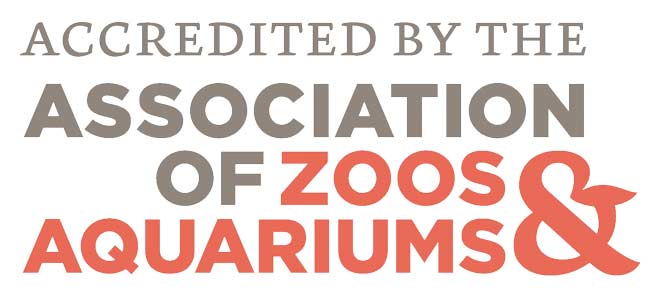
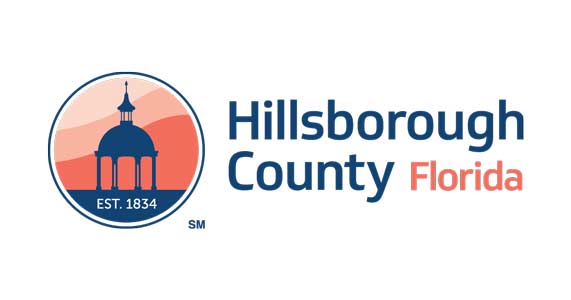
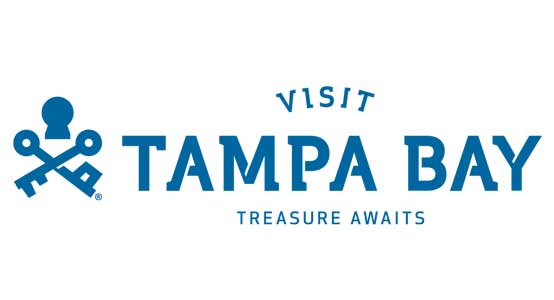
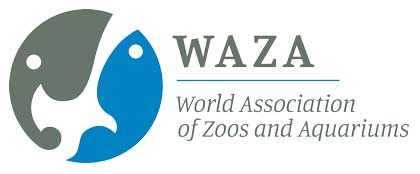
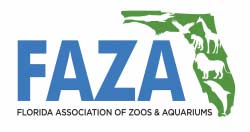
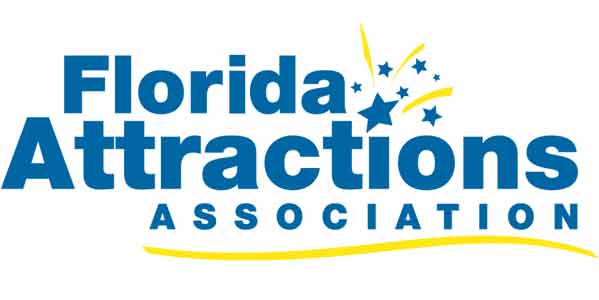

![tampa-640x300-54[29]-noarrow](jpg/tampa-640x300-5429-noarrow.jpg)
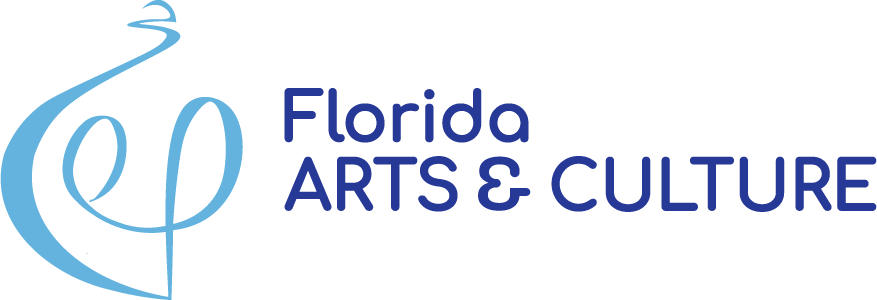
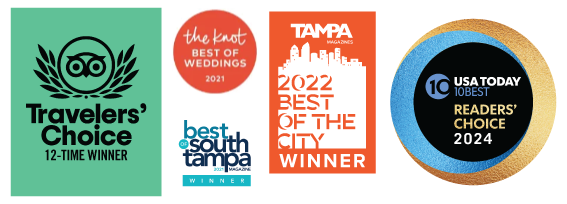
Open today from:
9:30 AM – 5:00 PM
Please fill out the form below to sign up for the job fair.
To complete your camp registration, you must:
By clicking the registration button below, I confirm that I have read and agree to the Camp Waiver and Liability Release and Camp Handbook and will print, sign, and return the Camp Waiver and Liability Release to complete my registration.
Trustees of the Lowry Park Zoological Society, Directors of the Lowry Park Zoo Endowment Foundation, and the Employees and Volunteers of ZooTampa understand and appreciate the vital role of philanthropy to accomplish our work. That’s why we subscribe to the Donor Bill of Rights developed by the American Association of Fund Raising Counsel, Association for Healthcare Philanthropy, Council for Advancement and Support of Education, National Society of Fund Raising Executives:
“Philanthropy is based on voluntary action for the common good. It is a tradition of giving and sharing that is primary to the quality of life. To assure that philanthropy merits the respect and trust of the general public, and that donors and prospective donors can have full confidence in the not-for-profit organizations and causes that they are asked to support, we declare that all donors have these rights:
ZooTampa at Lowry Park is committed to protecting your privacy. We value the trust of our donors, volunteers, employees, and other supporters and recognize that maintaining this trust requires us to ensure the confidentiality of personal information that you share with us.
As a non-profit organization, ZooTampa relies on your support, depends on the support of generous contributors, and achieves ambitious fundraising objectives by communicating with and understanding donors. We know that it is essential to protect the privacy of that information. ZooTampa, the Lowry Park Zoological Society, and the Lowry Park Zoo Endowment Foundation will neither sell nor trade a donor’s personal information to any other entity without the written permission of the donor.
Lowry Park Zoological Society of Tampa, INC.: Registration No. CH140
Lowry Park Endowment Foundation, INC.: Registration No. CH20389
A COPY OF THE OFFICIAL REGISTRATION AND FINANCIAL INFORMATION MAY BE OBTAINED FROM THE DIVISION OF CONSUMER SERVICES BY CALLING TOLL-FREE WITHIN THE STATE. REGISTRATION DOES NOT IMPLY ENDORSEMENT, APPROVAL, OR RECOMMENDATION BY THE STATE.
Phone: (800) 435-7352
FloridaConsumerHelp.com
ZooTampa at Lowry Park offers a variety of delicious food for guests at several restaurants and concession stands throughout, but we understand that guests may need to bring outside food for special dietary needs. Acceptable and prohibited food items are listed below. For the convenience of our guests, there is a picnic area located outside the park near the main parking lot.
For the safety of our animals, guests and employees, the following items are not permitted to be brought into ZooTampa:
The following items are also prohibited to avoid blocking of walkways and/or trip hazards:
Please leave any unnecessary articles secured within your vehicle to expedite your entry into the park.
We reserve the right to deny entry to anyone not observing Zoo Rules.
With a new Pay For A Day, Rest of Year Free ticket – for a limited time – you get unlimited admission through December 31, 2024 including access to our seasonal event series. Some blockout dates apply — see below for details. Not valid with any other discounts.
When does my Pay For A Day ticket expire?
Pay for a Day Get the Rest of the Year Free tickets purchased in October, November, or December of 2023, are valid from the day of purchase until 12/31/2024. Any Pay For a Day Get the Rest of the Year Free tickets purchased prior to October 1, 2023 expire on 12/31/2023.
What are the blockout dates?
11/24/23 – 11/26/23
12/26/23 – 12/31/23
3/9/24 – 3/17/24
11/24/24 – 11/26/24
12/26/24 – 12/31/24
Blockout dates apply to admission before 4:00 PM on the above dates.
Can I purchase a Pay For A Day ticket on a blockout date?
Yes! You can purchase a Pay for a Day, Rest of Year Free ticket for first-time use on a listed blockout date and have full access to the park on that day. Blockout dates apply to repeat visitation.